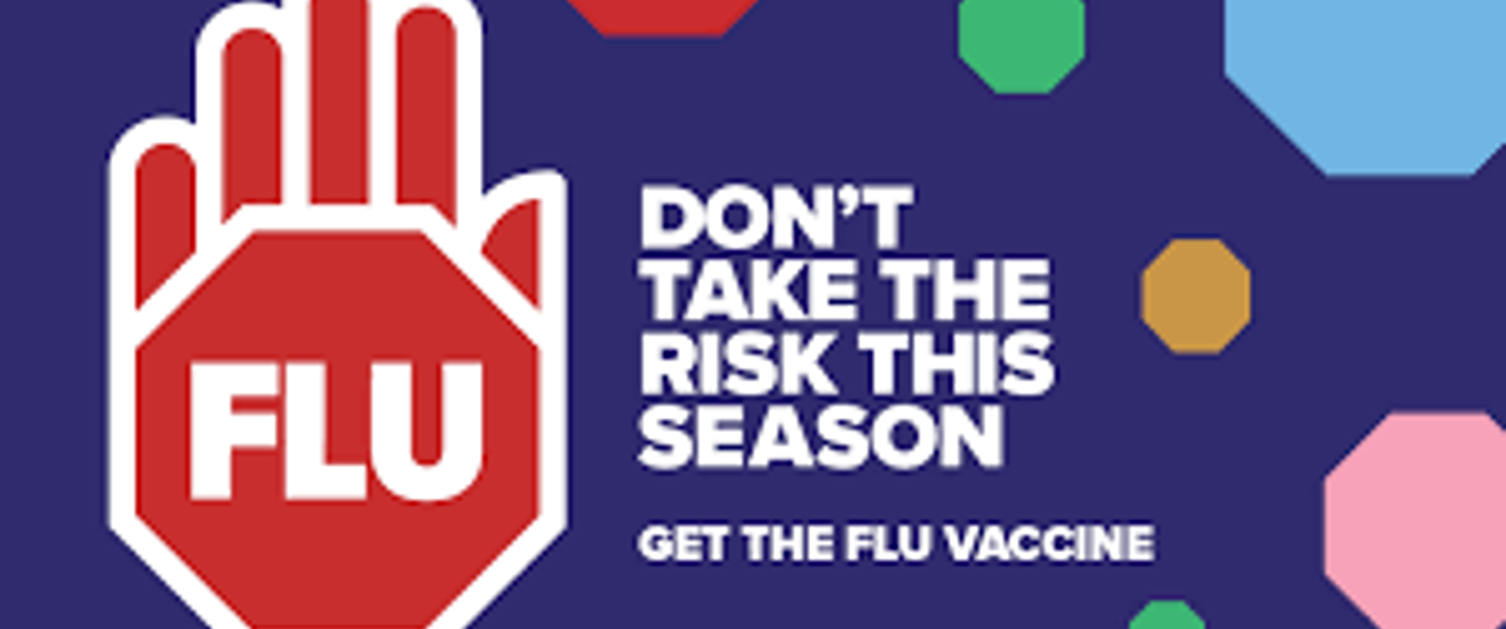Flu Season is Here - Are you elligible?

Flu is more likely to be serious if you have a long term health condition, are pregnant, or are older. The people at high risk of COVID-19 are generally the same people at increased risk of becoming very ill with flu.
Flu can also be serious for young children.
Last year in Wales, more than a million people got their flu vaccine. That’s around one in every three people.
If any of the following apply to you, even if you feel healthy, you are more likely to get complications from flu if you catch it, and you are advised to have a flu vaccine if:
- You are pregnant
- You are aged 50 or over
- You have a long term health condition that puts you at increased risk from flu
- You live in a care home
The following groups are also advised to have a flu vaccine to protect them and the people around them:
- Children aged two and three years old (age on 31 August 2021)
- Children and young people in school years Reception to Year 11
- Carers
- People working directly with patients/clients in health or social care
- Those who live with someone who has a compromised immune system
If you are an adult in a risk group, are pregnant, or are aged 50 or over, you can get your flu vaccine at your GP surgery or at some community pharmacies. If you work in health or social care, ask your employer where to get your vaccine.
Care home staff and domiciliary carers should talk to their community pharmacy about getting their flu vaccine.
If your child is eligible for a flu vaccine, you should be contacted by their GP surgery or school nurse. If you think your child might have missed their vaccine, contact the school nurse if they are school aged, or GP surgery if they are not in school.
Most children and young people will get a nasal spray vaccine as this is the best flu vaccine for them. It is a fine mist sprayed up the nose, and can be given from the age of two.
| Eligible Group | Where to get your flu vaccine |
|
Children two or three years (age on 31 August 2021) |
GP surgery (NB, in some areas, three-year-olds are offered the vaccine in nursery) |
|
Primary and secondary school children |
Primary and secondary school |
|
Children aged 6 months to under 18 years with long term health condition |
GP surgery (NB, primary school aged children will be offered their flu vaccine in school) |
|
Pregnant women |
GP surgery, community pharmacy or, in some areas of Wales from their midwife |
|
Long term health conditions (adults) |
GP surgery or community pharmacy |
|
People aged 50 or over |
GP surgery or community pharmacy |
|
Unpaid carers |
GP surgery or community pharmacy |
|
Domiciliary carers |
Community pharmacy (or in some areas, there are other arrangements) |
|
Care home staff |
Community pharmacy (or in some areas, there are other arrangements) |
|
Health and social care workers |
Via employer |